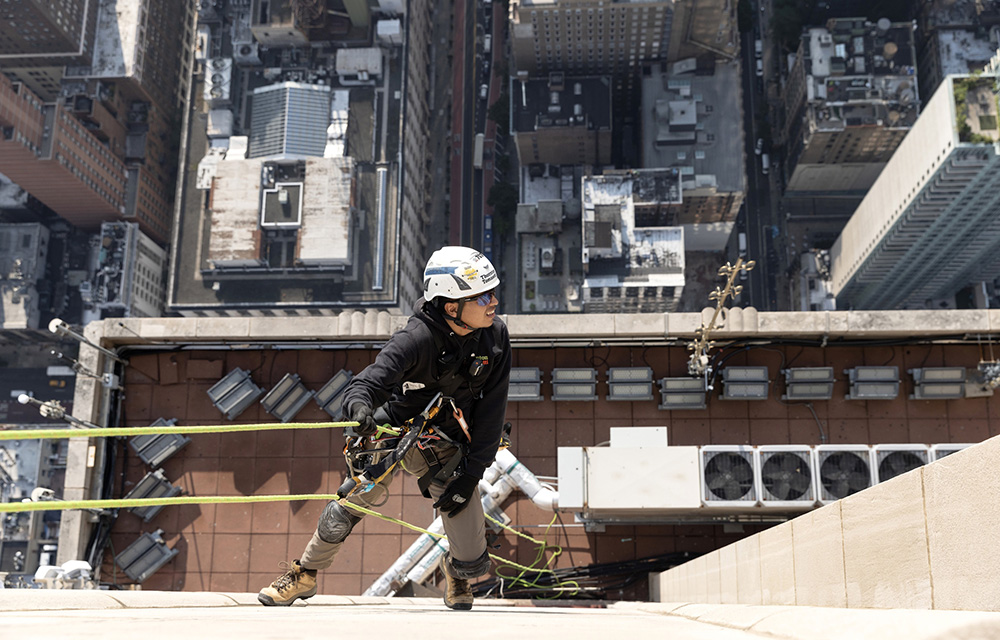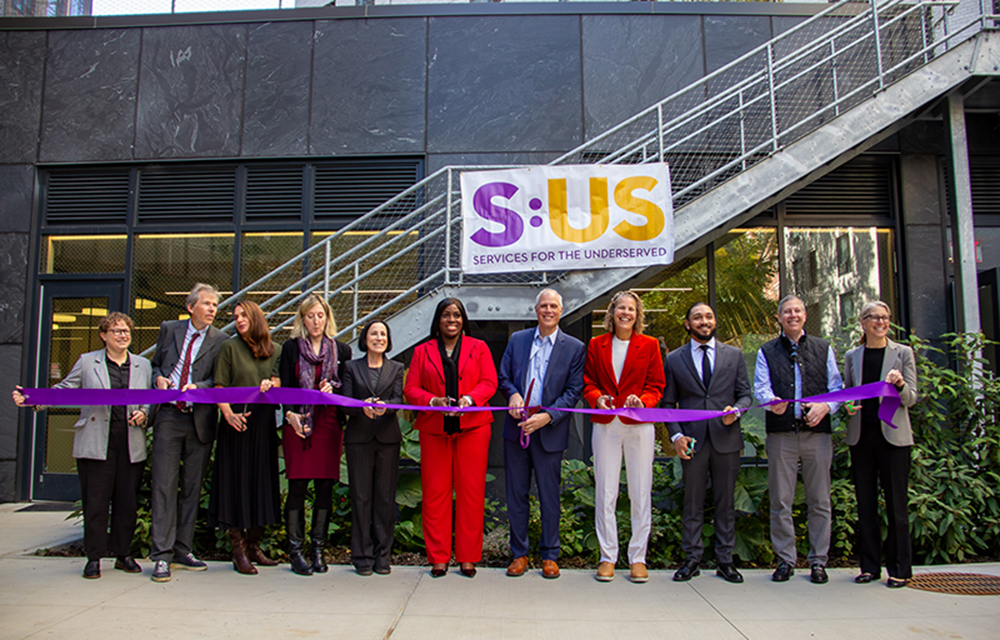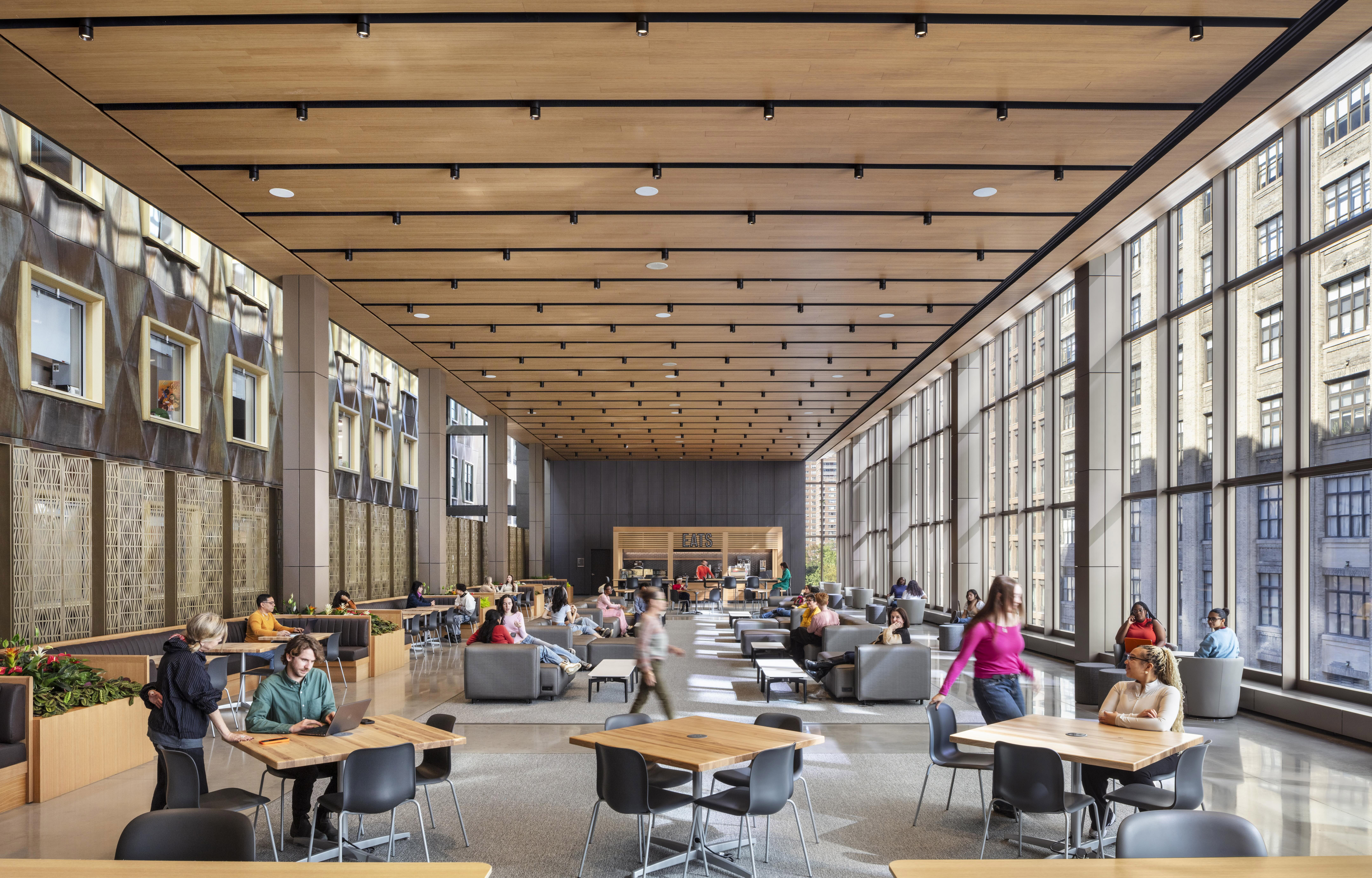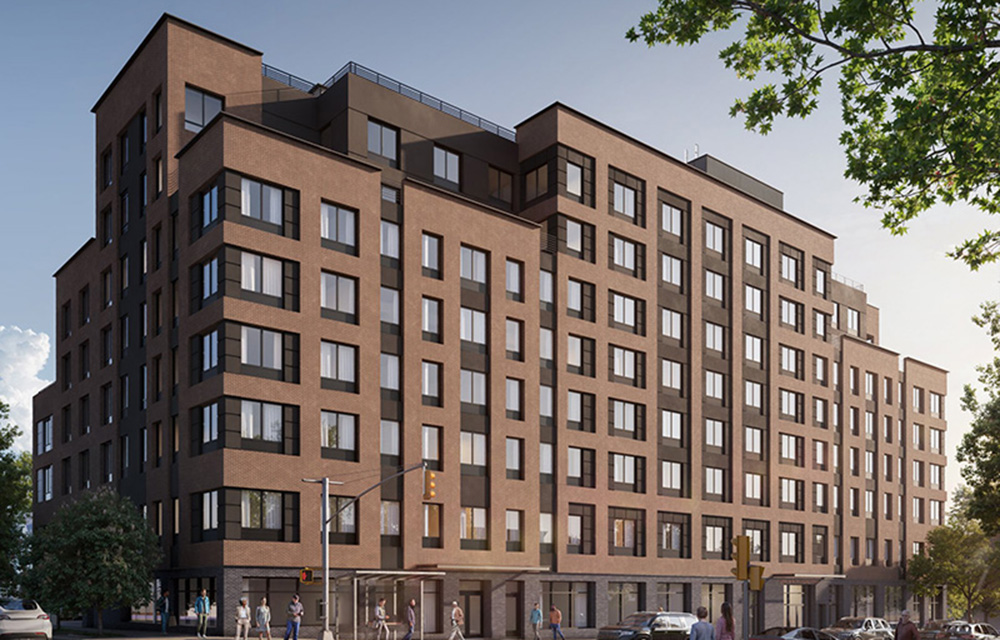News:
Construction Design & Engineering
Posted: December 9, 2013
Magnusson Architecture and Planning: Build affordable communities, not just affordable housing
Mayor-elect Bill de Blasio's promise to build 200,000 units of affordable housing would have been welcome in the Bronx twenty years ago, as Magnusson Architecture and Planning (MAP) well knows. Back then, when MAP was working with the residents of the South Bronx, they didn't have an advocate in City Hall.
"During our decades in the trenches of affordable housing design and development, we've witnessed many paradigm shifts," said MAP principal and co-founder, Magnus Magnusson, AIA, LEED AP. "It is immensely gratifying to see a politician who understands the needs of all New Yorkers and who recognizes the critical role that housing plays in creating safe neighborhoods and sustainable communities."
In the early 1990's, residents of the South Bronx were in danger of losing their homes and their community because of a New York City-sponsored redevelopment plan that made no provisions for those who had remained through the difficult years of widespread arson, drugs, and crime. Alongside community group Nos Quedamos (We Stay), MAP worked to revitalize their neighborhood without forcing them to leave.
Their collaboration on the Melrose Commons Urban Renewal Plan resulted in Melrose Commons, which stands today as a testament to community-focused design, empowered by local residents.
"As we look to the future of New York City, we believe that integrating high-quality affordable housing into neighborhoods is essential to their success," said MAP principal, Christine Hunter, AIA, LEED AP, BD & C. "Our goal is to continue revitalizing communities through new housing typologies and sustainable, resilient design."
Years later, MAP continues to design new properties at Melrose Commons as the renewal area continues to expand to the north.
"MAP has developed affordable housing and healthy communities in New York City's five boroughs for nearly thirty years," said MAP principal and co-founder, Petr Stand, APA. "We hope the new administration's promise to build more affordable housing will help us improve the lives of all New Yorkers."
Creating the next generation of affordable housing
In the past, public housing projects have been built as a series of urban silos, lacking services and the amenities to create strong communities. MAP focuses instead on integrating housing into communities, giving residents access to essential resources like schools, supermarkets, and health services. MAP believes that all neighborhoods in New York City should have Community Improvement Districts, with an architect or planner to support them.
Some examples include MAP's recently completed project, Atlantic Terrace in Brooklyn. This mixed-income, mixed-use LEED Gold-certified project reflects its local residents by offering a mix of low, middle and market rate apartments.
Currently under construction is Schoolhouse Terrace, the first phase of a master plan to transform an older public housing site in Yonkers into a new affordable and sustainable community of mixed-income/mixed-use buildings that will re-integrate it into its larger neighborhood.
In Bushwick, MAP just completed a 20-acre rezoning on the former Rheingold Brewery site that will allow a new mixed-income/mixed-use community with approximately 1,000 apartments - 24% of which will be affordable.
Integrating healthcare with housing
The Medicaid Redesign Team (MRT) initiative is a New York State program that brings medical services directly to people where they live. Sponsored by Governor Cuomo, MRT increases the quality of life for low-income, high-need Medicaid recipients, while reducing the costs to New York State.
MAP's Creston Ave. Residence in the Fordham section of the Bronx is the first project to be built under the MRT's Housing Capital Program. When it opens in September 2014, this mixed-use, 10-story building will include 66 studio, one- and two-bedroom units. The building incorporates healthy, sustainable features, including a green roof with solar panels, a rainwater harvesting system, and a landscaped back yard.
Innovative housing prototypes
All housing, even market-rate, is subsidized with tax breaks and the public infrastructure to support it.
In Cypress Hills, Brooklyn, MAP is using an innovative delivery model to build new low-rise infill housing under NYC HPD's New Foundations program. The 21 family apartments, which open next month, were built using modular construction, which is faster, more cost-efficient, and more sustainable than traditional construction. The prefabricated units were made in the Brooklyn Navy Yard.
Another of MAP's recent initiatives is the design of new one-to-four family homes to replace those severely damaged or destroyed in South Brooklyn by Superstorm Sandy. As part of a development team designated through the city's Build It Back program, MAP will work with individual homeowners and the developer to create new resilient structures of the same size as those destroyed, in accordance with FEMA guidelines and recent sustainability standards.
MORE FROM Construction Design & Engineering
NYC mayor and DOB release comprehensive façade inspection and safety study conducted by Thornton Tomasetti
Manhattan, NY New York City mayor Eric Adams and New York City Department of Buildings (DOB) commissioner Jimmy Oddo released the full recommendations from a comprehensive engineering study conducted by global engineering firm Thornton Tomasetti








.gif)
.jpg)

.gif)